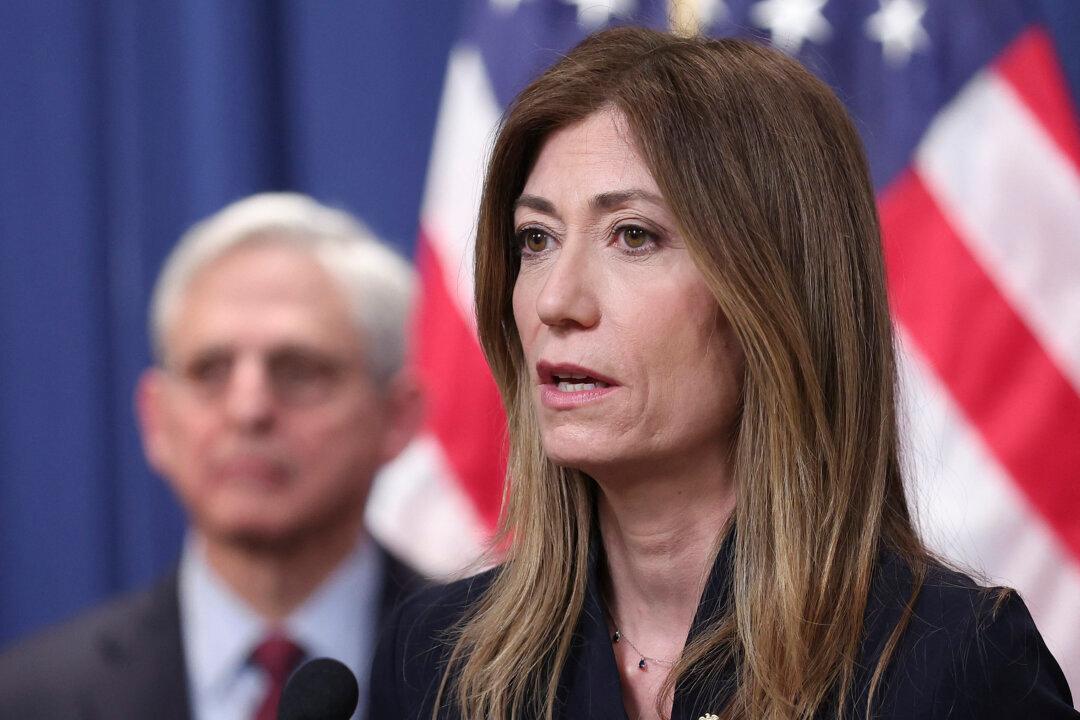Drug Enforcement Administration (DEA) Administrator Anne Milgram repeatedly declined to answer a host of pointed questions from Republican members of a House Appropriations Committee panel during an April 27 budget hearing, including whether she thinks Mexico is cooperating enough with the United States in fighting the drug cartels that are flooding the country with fentanyl.
Asked twice by Rep. Hal Rogers (R-Ky.), chairman of the Subcommittee on Commerce, Justice, Science, and Related Agencies, about Mexico’s cooperation, Milgram simply described two of the major Mexican drug cartels—the Sinaloa and Jalisco New Generation criminal organizations—as “the greatest drug threat this country has ever faced.”





